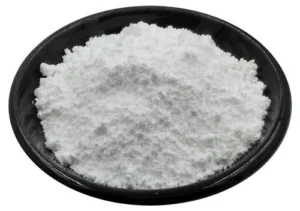4. Constipation and Digestive Issues
Magnesium acts as an osmotic laxative by pulling water into the intestines, which softens stools and promotes bowel movements. It also relaxes the muscles of the digestive tract, helping relieve constipation naturally.

How to Use Magnesium for Constipation:
Recommended Form: Magnesium oxide or magnesium citrate.
Dosage: 400–500 mg at night, only as needed. Start with a smaller dose to test tolerance.
Caution: Do not use magnesium laxatives for more than a few days consecutively without medical supervision.
Diet Tips: Stay hydrated and consume fiber-rich foods like oats, vegetables, and prunes.

How to Know if You Are Magnesium Deficient
Common symptoms of magnesium deficiency include:
Muscle cramps or spasms
Fatigue or low energy
Headaches or migraines
Insomnia
Tingling or numbness
Anxiety or mood swings
Irregular heartbeat
If you experience multiple symptoms, a simple blood test can confirm low magnesium levels.
Precautions and Final Tips

Always choose high-quality magnesium supplements free from unnecessary fillers.
Consult a healthcare provider before starting any supplement, especially if you are pregnant, nursing, or taking medications.
Too much magnesium, especially in supplement form, can cause side effects such as diarrhea, nausea, and abdominal cramps.
Natural food sources are always the best first step.
Conclusion
Magnesium is truly a powerhouse mineral. With just one natural ingredient, you can support your bones, balance your blood sugar, improve your mood, reduce anxiety, and promote healthy digestion. Incorporating magnesium into your daily routine—whether through food or carefully selected supplements—can have lasting effects on your overall health and quality of life.

